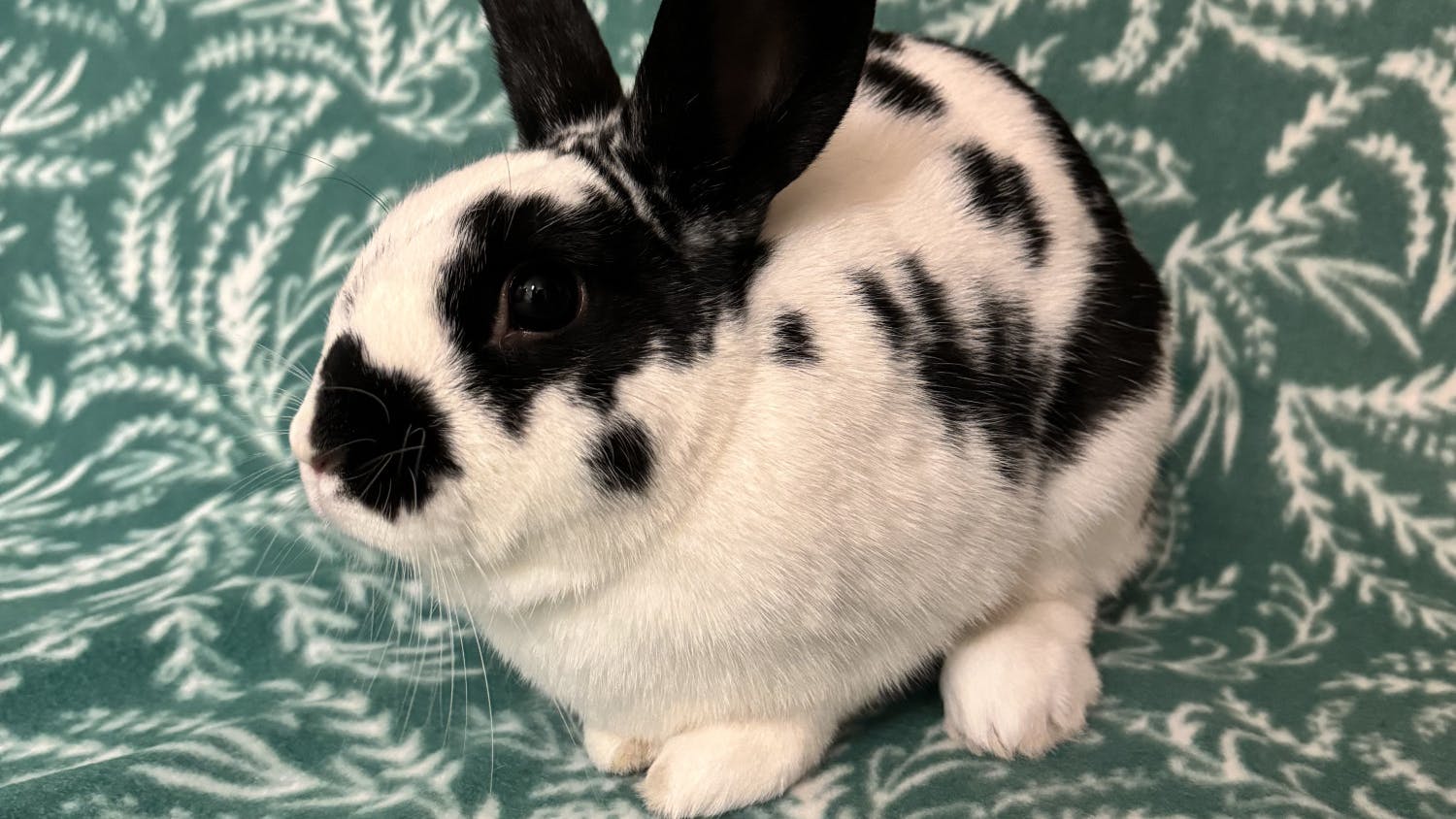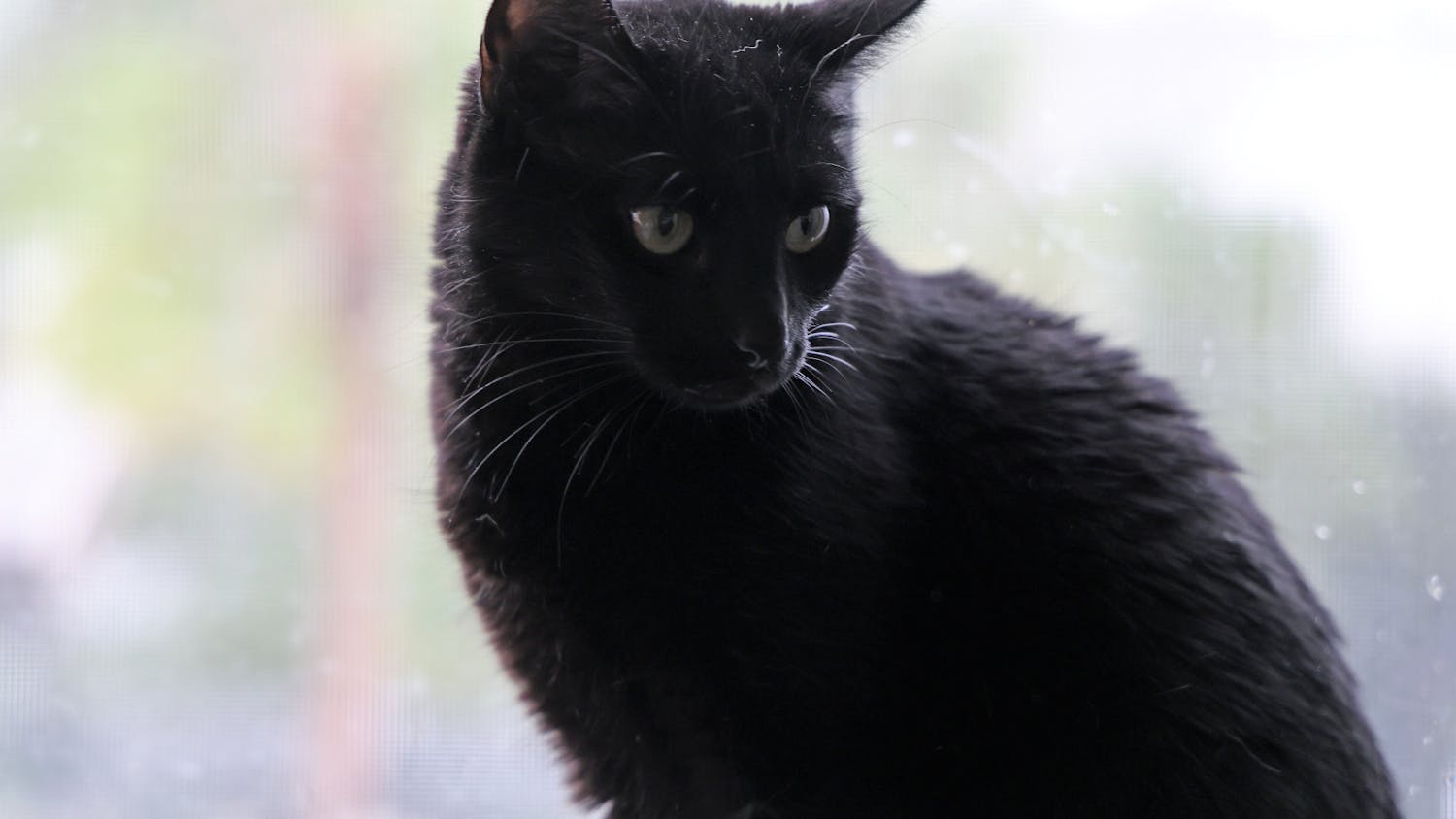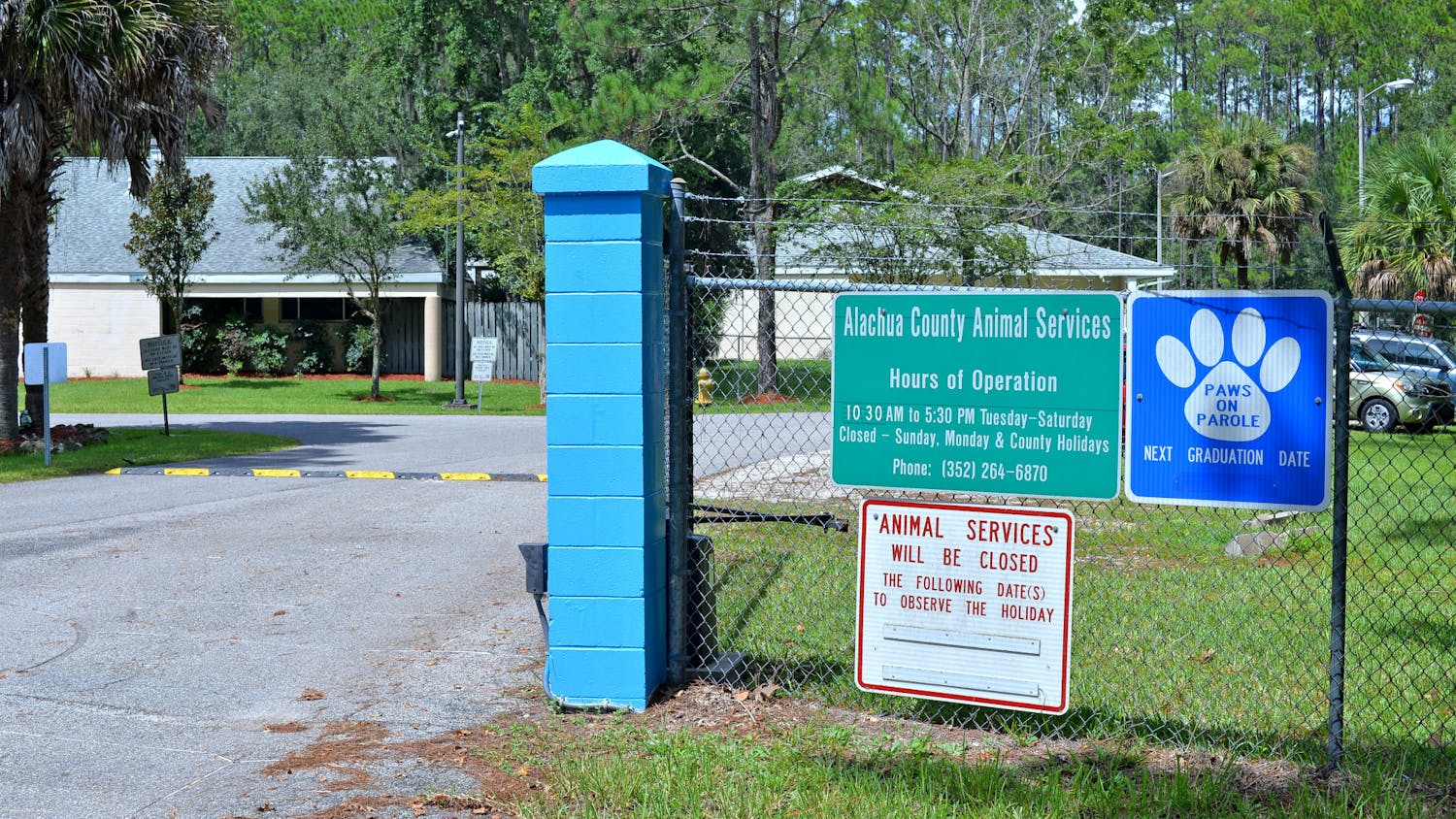The last days of school are here. Classes end Wednesday, which is the Alligator’s last day in print for the semester. It’s the cusp of Spring and Summer; only finals stand in our way.
So begin the yearly end-of-semester rituals. There will be long nights in the library fueled by coffee and amphetamines; days spent packing up our stuff for home or whatever lies in store for the summer; trips to the beach or tubing in the springs; or one last, desperate bender to celebrate the end of a long semester.
But one thing happens every year and often gets overlooked: Students who are about to graduate and leave Gainesville don’t take their pets with them.
Often, this can be seen on Facebook. People post in local groups, asking if anyone wants the dog or cat they had in college but are leaving behind.
It happens for a variety of reasons, but most of the time the story is as follows: Someone thinks it’ll be fun to get a dog while they’re in college. It’s nice for a few years, but come graduation the owner has to decide what to do with it in their post-grad life. Many keep their pets, but a lot realize they either can’t take care of it or don’t want to.
Obviously, this is really sad.
But it’s worse for the pets.
There’s more to it than the emotional trauma a pet must go through after being abandoned. Sometimes they find new owners, but pets are often simply left behind. These abandoned animals are taken in by Alachua County Animal Services or local animal shelters. The shelters will try to find a new home for the pets, but doing so isn’t easy.
Sometimes, abandoned animals have to be euthanized; even though Alachua County Animal Services is working hard to achieve a no-kill status by the end of this year, some animals may still be put down. Many others just end up without a home — 40 percent of the cats in Alachua County are homeless.
It’s a huge, but largely silent problem around here. It begs the question: What can be done to prevent this cycle from continuing?
Animals already caught in the trap can’t really be helped. If you can’t find anyone to take your pet, please be sure to donate it safely to a shelter. If you don’t have a pet already but want one, you could be part of the solution. How?
Utilize pet foster programs. This won’t save animals already in need, but it could prevent the cycle from continuing.
The Alachua County Humane Society has a program like this. They provide food, bowls, medicine and all the needed supplies to foster homes. A foster program can help in many ways. Fostering can socialize rescued animals, which prepares them for adoption. Fostering a pet can help you get a taste of what it’s like to have a pet without fully committing to the long-term responsibility of owning one. And, if you find permanent room in your life for a pet, adopt one from a local shelter.
[A version of this story ran on page 6 on 4/21/2015]
Correction: The original article incorrectly stated the Alachua County Humane Society is a chapter of the larger group with a similar name. It should've said the society is independent.





